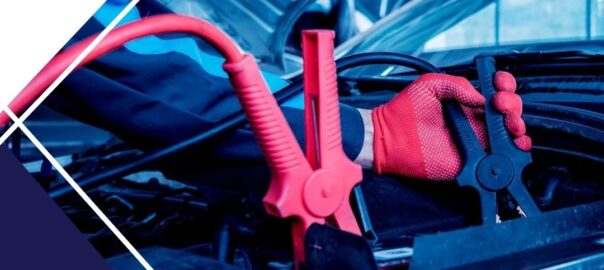A dead battery is one of the most common and frustrating issues a driver can face. Whether it happens in your driveway or on a remote road, needing a vehicle jump start can disrupt your entire day. While any vehicle can suffer battery failure, some are more prone to needing this service due to usage patterns, design, or environmental factors. Understanding which types of vehicles often require jump starts can help drivers be better prepared—and proactive.
Vehicles with High Power Demands
Modern cars packed with technology are frequent candidates for jump starts. Vehicles equipped with infotainment systems, GPS, heated seats, cameras, and more tend to draw extra power from the battery. If not driven regularly, these features can slowly drain the charge. Hybrid vehicles, though more efficient, also rely heavily on battery systems that may occasionally need assistance from a jump start, especially in colder climates.
Rarely Used or Seasonal Vehicles
Cars that sit idle for extended periods—like convertibles, RVs, or collector vehicles—often experience battery discharge. Lack of regular engine activity means the alternator isn’t recharging the battery, leading to inevitable power loss. Boats, ATVs, and other seasonal recreational vehicles also fall into this category, making vehicle jump start services essential, especially at the start of a new season.
Older Cars and Work Trucks
Vehicles with aging batteries or outdated electrical systems are particularly vulnerable. An old battery can fail unexpectedly, especially after weather changes or long trips. Similarly, work trucks and commercial vans that are frequently loaded, idling, or used in stop-and-go conditions put additional strain on their electrical systems. Regular maintenance helps, but jump start services remain a crucial safety net.
Be Prepared for Battery Trouble
No one wants to be stranded with a dead battery. Understanding which vehicles are more likely to need a vehicle jump start helps drivers plan ahead—whether it’s carrying jumper cables, investing in a portable jump starter, or knowing who to call for reliable roadside assistance. The next time your vehicle won’t start, being informed could get you back on the road in minutes instead of hours.
READ MORE:
How to Perform a Safe Vehicle Jump Start on Different Car Types

